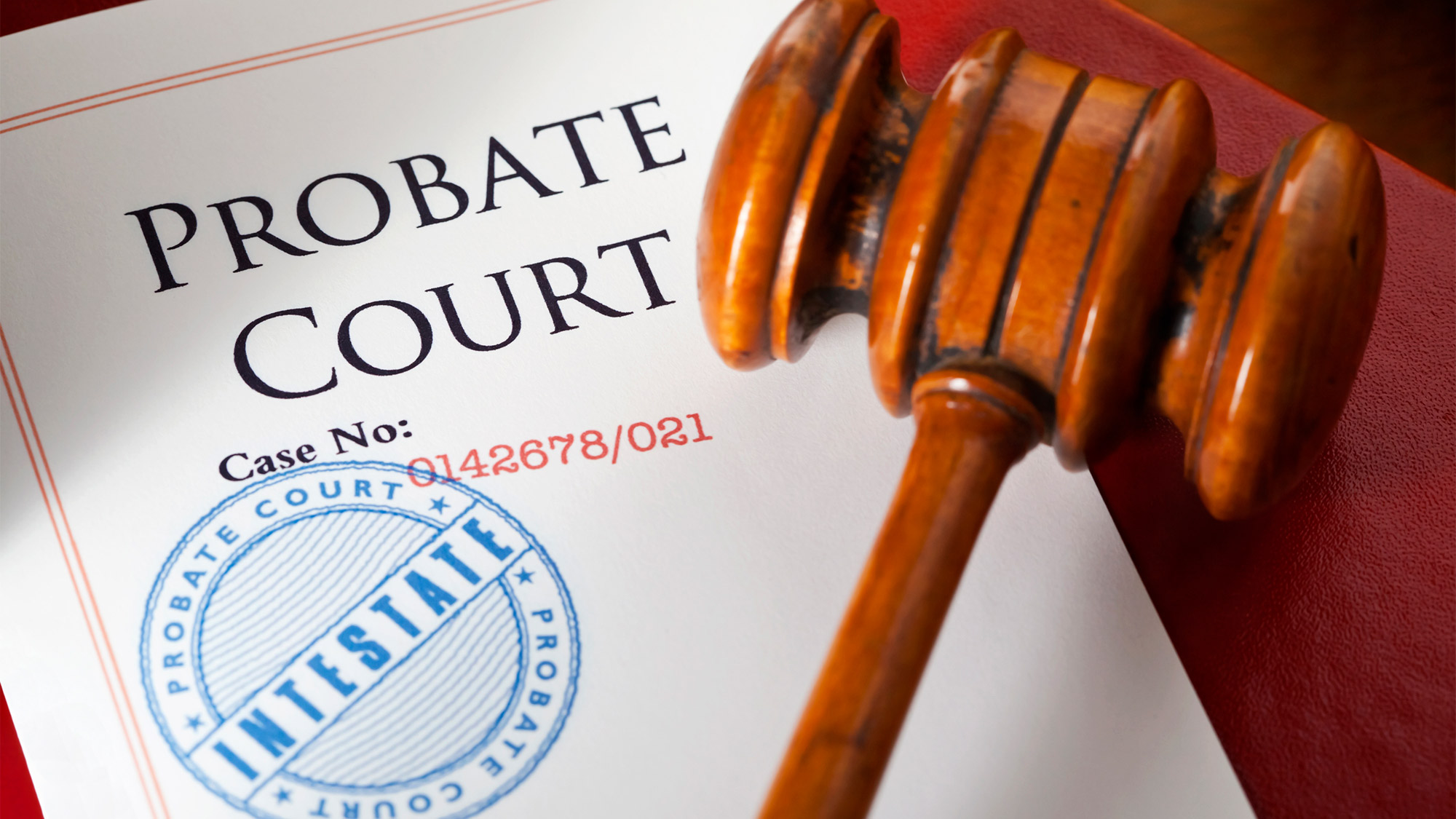What is Probate?
In most states, the process of transferring a person’s estate through probate is a legal process called “probate.” The estate includes all assets owned by the deceased person, except for those that are co-owned by a still-living individual. Asset distribution takes place through probate. Here’s what you need to know. Listed below are the main steps in the probate process. This article covers all of these steps in detail.
Court appearances
If you’ve been appointed as a personal representative or have been named a ward of a decedent’s estate, you may have to make court appearances in Probate Court. The Probate Court has jurisdiction over lawsuits related to a decedent’s estate, wards, or personal representative. Probate cases involve any civil litigation, such as a lawsuit alleging personal injury or property damage, or a breach of fiduciary duty. The court also maintains contact with every individual under a guardianship through a court visitor program.
Whether you need to appear in court for a probate matter or have never been to a probate court before, you must know exactly what you need to do in order to proceed. Probate court appearances can be stressful, but they are essential. You need to have a plan of action in case something goes wrong. Thankfully, most courts have automated reminder systems to help you navigate the court process and prepare for court appearances.
Time frame
The time frame of probate varies depending on the circumstances. In Texas, creditors have six months to file debt claims against a deceased person’s estate after the decedent passes away. In addition to sorting through financial records, closing probate may require the executor to file the decedent’s final tax returns, file estate taxes, and complete other tax transactions. Joel F Pipes In some states, the executor may also be required to provide an accounting to creditors.
The time frame of probate can vary considerably, depending on the complexity of the estate and the state of the deceased. For example, large estates can take several years, but small estates can be completed in as little as six to nine months. The length of the probate process depends on several factors, including the complexity of the deceased person’s estate, the size of the estate, and any disputes regarding the will. A complicated estate can drag on for years if the executor’s wishes were not clearly expressed.

Leave a Reply